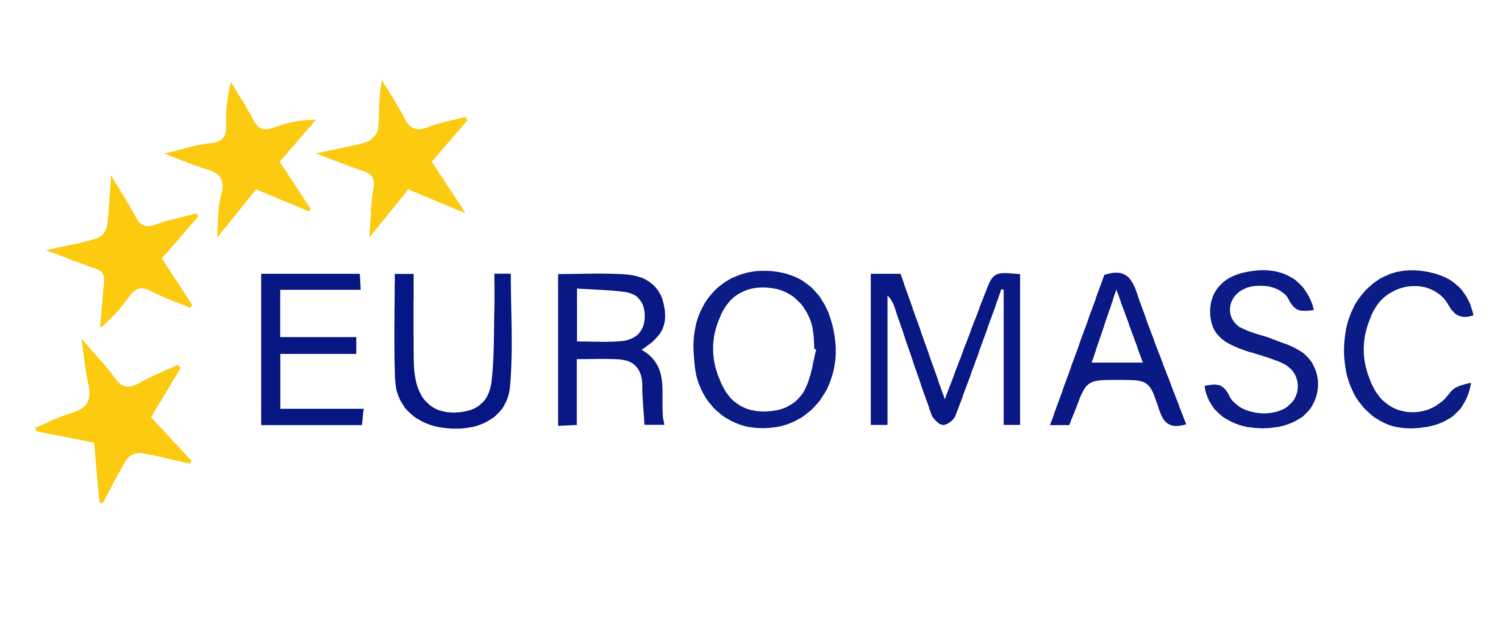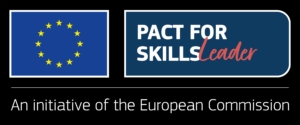Qualification assessments for refugee training and employment: Fasttrack with ECVET and Skillsbank
(www.skillstools.eu/refuskills)
Erasmus+ VET KA2 Strategic Partnership (2016-2018) NO, AT, BE, ES, DE, FR, IT, PT, TR
NTI-MMM: Multilateral Monitoring and Management (www.ntim.eu ): 2016-1-NO01-KA202-022083
video: https://www.youtube.com/watch?v=AApVj-vJ6No&feature=youtu.be
At application time, spring 2016, over 1.1 million people – refugees, displaced persons and other migrants – had made their way to Europe either escaping conflict and serious threats in their country or in search of better economic prospects. More than 60 million people are today forcibly displaced as a result of violent conflicts and natural disasters.
The refugee routes have changed during the project’s life time, but still with a common European challenge in how European governments are willing to share the burden. One of the RefuSkills project partners, Turkey, is now serving as a buffer according to the agreements between EU and Turkey.
The project consortium comprised 14 partners from 9 countries. The partnership included partners with critical first line experience from reception of refugees and other migrants, and others from handling applications for transit or residency.
The RefuSkills project aimed to use the Skillsbank experiences with structured Learning Outcomes in EQF and ECVET format to meet the immediate needs for a rapid competence assessment and a documentation and declaration of skills, competences and certifications of great value to the individual migrant, the recipient country, and to the host community.
The main objectives were:
1) Establishment of an easy-to-use mechanism, the RefuApp, to give refugees/migrants an opportunity to document their skills and competences (in their own language) by using basic ECVET and Learning Outcome principles
2) Facilitation and reduction of processing time in the handling of refugees’ and asylum-seekers’ residence applications, and identification of appropriate/relevant individual career pathways towards employment and training
3) Improving the recipient countries’ possibilities for a fast identification of migrants’ skills and competences, and thus for a facilitated integration and participation in work and capacity building programs
4) Exploring the possibility of issuing a “RefuPass” stating the individuals competence portfolio based upon Learning Outcomes extracted from Skillsbank and the RefuApp
Skillsbank (Leonardo da Vinci 2011 project) has been the basis for the RefuSkills technical developments. It is a multilingual web-based toolkit targeting career guidance, recognition of prior learning and individual training support. It is based upon Learning Outcomes and uses principles from EQF and ECVET. The interface is presently available in 14 languages, AR, BG, DE, EE, EN, ES, FR, IT, NL, NO, PL, PT, SI, and TR.
The system aggregates Learning Outcomes in terms of knowledge, skills and competences into logical units constituting full qualifications. Skillsbank furthermore offers a Recognition of Prior Learning assessment module where each Learning Outcome can be self-assessed by individuals. Subsequently assessors can validate and conclude with a consolidated assessment to be included in the individual’s competence portfolio.
The RefuSkills project has used the Skillsbank options as the RefuApp for a “self-declaration” by the migrant to be matched against selected qualification descriptions defined by partner countries as relevant: cooking, serving/waitering, office work, hairdressing, welding and sales clerk. In addition to these occupations, a section for Core Work Skills / Transversal Skills is available.
The Arabic option makes it possible to create bi-/tri-/quadri-/multilingual versions of qualification requirements. The migrant will use the most relevant language for the self-assessment input, whereas the hosting side can work in an available parallel language version.
After the self-assessment, several options are available:
- The migrant can use a print-out as a self-declaration against a competence profile;
- The self-assessment can pass through an external assessor to be formally validated against qualification requirements;
- After the external assessment the migrant may have a “compatible qualification document” as a competence passport according to qualification requirements and standards; or
- Have a basis for career guidance and further training – formally in a training institution or in the workplace.
Depending upon type of output required in a national or a sectoral setting, the output documents are linked to the Skillsbank database for an automatic merge of information into the new layout. This applies to developed documents as well as to a Europass CV or other existing formats and will be extended with a “RefuPass”.
The main project steps:
- Initial surveying/mapping of refugee status in all partner countries
- Identification of Key Competencies expressed as Basic Skills, Transversal Skills or Core Work Skills and Competencies
- Identification of the most relevant/requested vocations/occupations and the respective qualification matrixes
- Development of ICT solution, the RefuApp, integrated with Skillsbank modules, new documentation, and use on tablets and mobile phones

